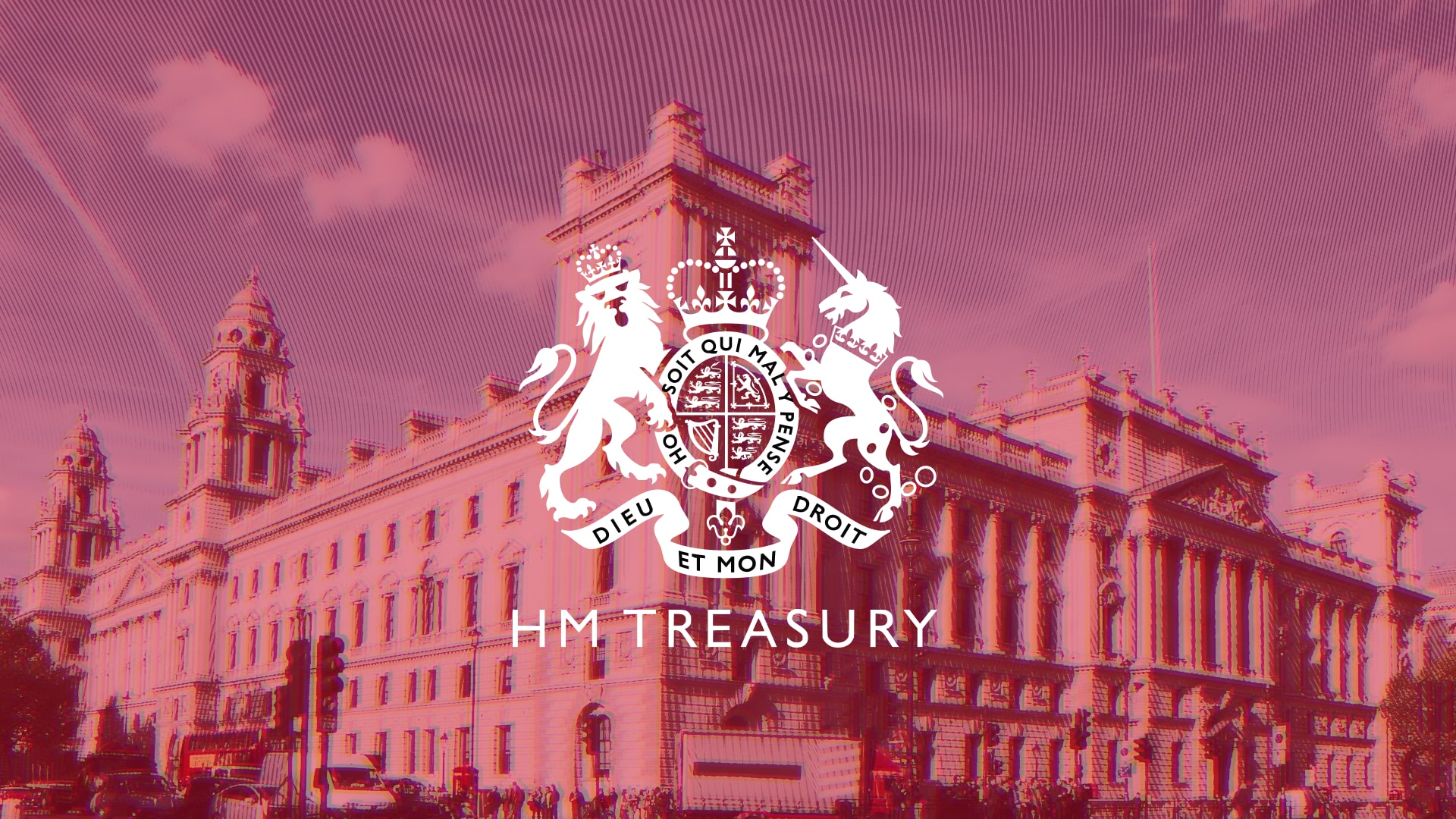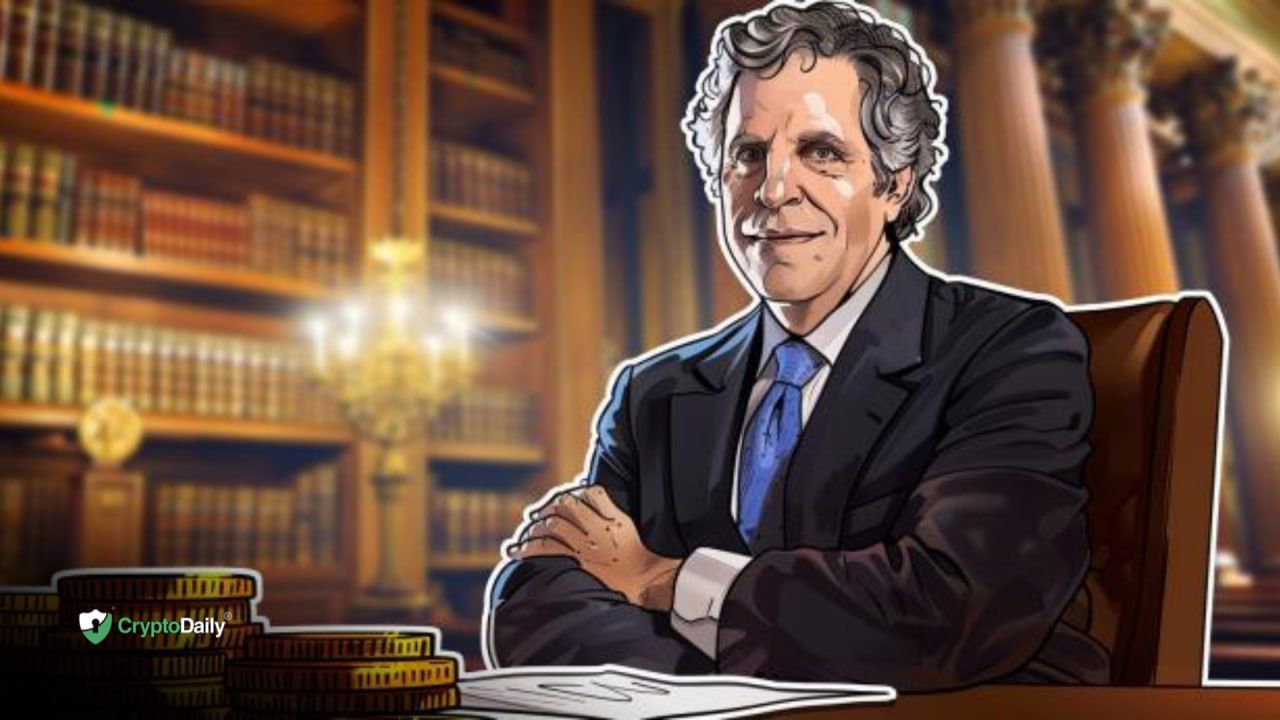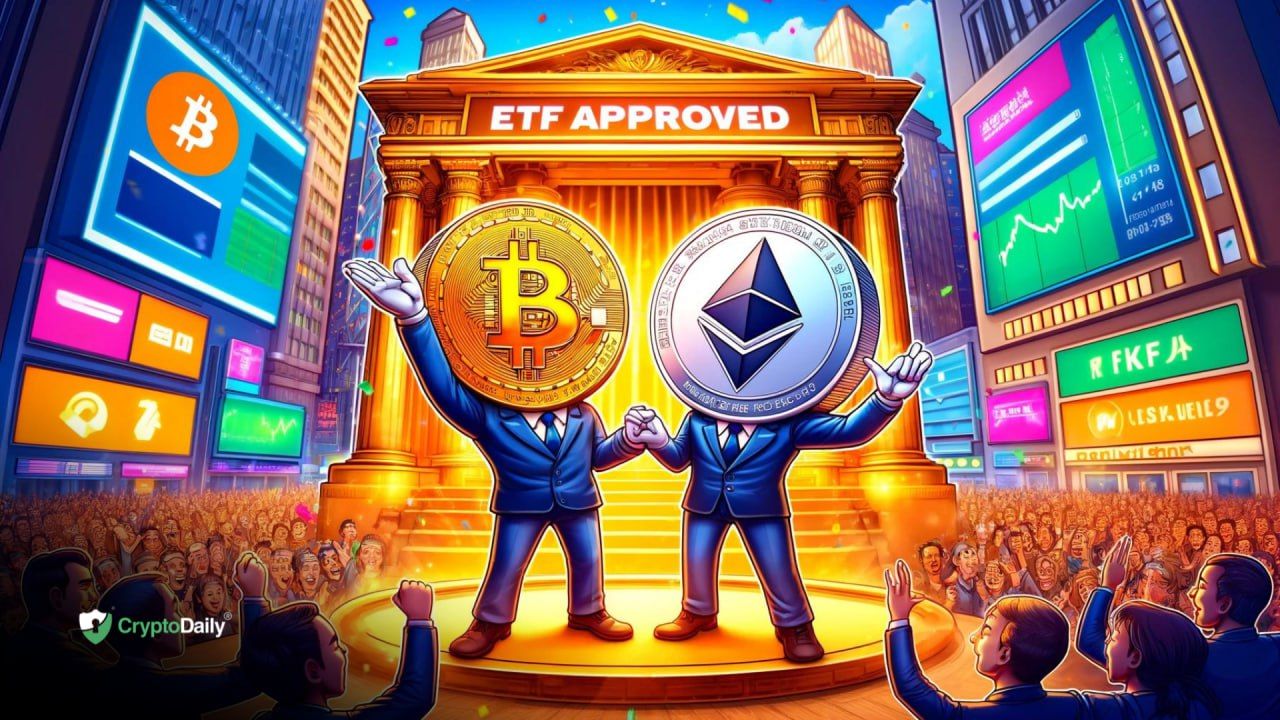Table of Contents
The UK Treasury (HM Treasury) has halted plans to launch a Royal Mint Non-Fungible Token (NFT), as announced by Economic Secretary of the Treasury, Andrew Griffith.
Chancellor @RishiSunak has asked @RoyalMintUK to create an NFT to be issued by the summer.
— HM Treasury (@hmtreasury) April 4, 2022
This decision shows the the forward-looking approach we are determined to take towards cryptoassets in the UK. pic.twitter.com/cd0tiailBK
Despite this initial setback, Prime Minister has yet to comment on the decision or outline any solid plans for further cryptocurrency adoption in the UK.
While the UK Treasury's decision to halt the Royal Mint NFT project raises questions about the future of government-backed crypto initiatives, it also brings to light crucial debates about the role of states and governments in the crypto space.
What's at Stake?
States or governments, such as the UK, should tread carefully when venturing into non-fungible tokens (NFTs), but it must also be said clearly: the same goes for the crypto community. A critical stance is necessary to be maintained, especially when interacting with any crypto project or initiative that's government-funded.
Non-fungible tokens are supposed to be, and are, by design, inherently decentralized. Governments are, on the contrary, the exact opposite. The decentralized nature of crypto clashes with the fundamental components of a state or government, which are made on the foundational principle of authority. An apparatus of control cannot go forth and call itself a supporter (whether by sympathy or by mere association) of decentralization, because it negates the existing platitudes of state authority.
There's also the position of regulatory challenges to consider: governments are ipso facto the same bodies that control and oversee the regulated spheres of the crypto industry. The idea of a government-backed NFT initiative, while laudable for its ideals, requires new regulations and enforcement mechanisms to properly execute and ensure the appropriate governance of digital assets. More work for the government means more public resources poured into something that not everyone agrees with or supports.
Another tangent is that of possible conflicts of interest if a government launches an NFT project: if the government itself is also responsible for regulating the broader crypto space, what level of transparency could one hope for, and to what extent can a citizenry trust that the government will not exercise its authority to prioritize or defer resources for this project? Such a duality would likely open accusations of bias, potentially hindering the development of a fairly regulated and open crypto ecosystem.
For instance, governments may use these technologies to exert control over citizens or bypass international sanctions, which could ultimately harm the reputation and credibility of the entire crypto space.
While the idea of government-backed NFTs may seem appealing at first, the potential risks and complications associated with such projects should give both governments and the crypto community reason for caution. The crypto space thrives on decentralization and innovation, and excessive government involvement could stifle the very qualities that have made it so attractive in the first place.
As the UK resolves , it has also been mired with inconsistencies in its
Disclaimer: This article is provided for informational purposes only. It is not offered or intended to be used as legal, tax, investment, financial, or other advice. Opinions stated herein are solely of the author's, and hence do not represent or reflect CryptoDaily's position on the matter. The author has no influential stakes in any of the digital assets and securities mentioned, and does not have any significant hold of or own any cryptocurrency or token discussed.
Investment Disclaimer














